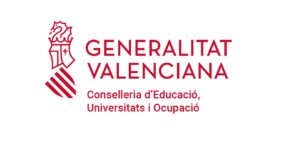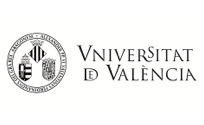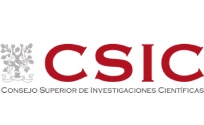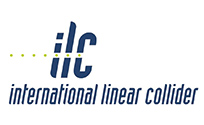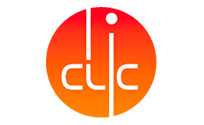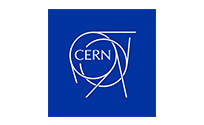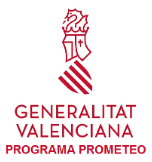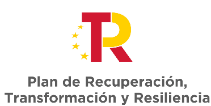
Ion Accelerator
Compact linear ion accelerator for biomedical and radiobiological scientific research


The Institute of Corpuscular Physics (IFIC) is going to host the construction of compact linear accelerator for ions. The first stage will provide particle beams with at least 10 MeV/n for biomedical and radiobiological scientific research.
Protons (constituent particles of the atomic nuclei) and ions (atoms with electric charge) have the advantage of focalizing the irradiation damage on a small region that can be restricted to the tumour volume, sparing the surrounding healthy tissue much more effectively than the conventional radiotherapy methods (X-Rays). Furthermore, linear machines for ions acceleration are a state-of-the-art technology with the potential to provide novel treatments capabilities, to boost the effectiveness of radiobiological treatments against cancer.
Therapy techniques with protons or ions are especially recommended for paediatric cases or radio-resistant tumours. However, treatments with ions have the potential to yield better radiobiological effectiveness, lower toxicity, and a more favourable immune response than protons. Nevertheless, more scientific research is required to confirm these results.
The technology for producing ion beams has been developed for many years and is well matured. The true challenge lies in making it accessible. Currently, these machines are highly specialized and scarce globally due to their complexity, cost, and dimensions. It is important to continue researching and innovating to simplify and compact the equipment, to facilitate the adoption by making them small enough to fit in pre-existing hospital spaces. This will lead to the spread these types of therapies and its application to all the patient that need it.
The development of this project will result on novel technology for compact linear accelerators with ion beams. Moreover, the scientific use of this facility will open a broad range of research possibilities: model and systematize the behaviour of ions, study new techniques of dose deposition and the use of different ions species, the use of variable energy beams or the study of the effectiveness of different types of ions. These lines of research aim to contribute to clinical and preclinical aspects to develop a more precise and specialized planning of treatments with protons, ions, and new techniques, in coordination with similar facilities in Europe and Japan.
The construction is going to be funded through a process public procurement of innovation (CPI), a tool to promote innovation from the public sector through the acquisition of innovative solutions. In this case, the contract was resolved in favour of AVS (Added Value Industrial Engineering Solutions S.L.U), a leading company in the design and development of equipment for the aerospace sectors and large-scale scientific projects. In this process, CIEMAT (Center for Energy, Environmental, and Technological Research) is playing a key role in the design and construction of the accelerator. This projects involve experts such: Juan Fuster Verdú, research professor at CSIC in IFIC; Daniel Esperante Pereira, professor at the University of Valencia; Carlos Ferrer Albiach, scientific director of the Research Foundation of the Provincial Hospital of Castellón; and José Manuel Pérez Morales, director of the Technology Department at CIEMAT, among others.
MILESTONES
Este sitio web está patrocinado por la Conselleria de Innovación, Universidades, Ciencia y Sociedad Digital de la Generalitat Valenciana
